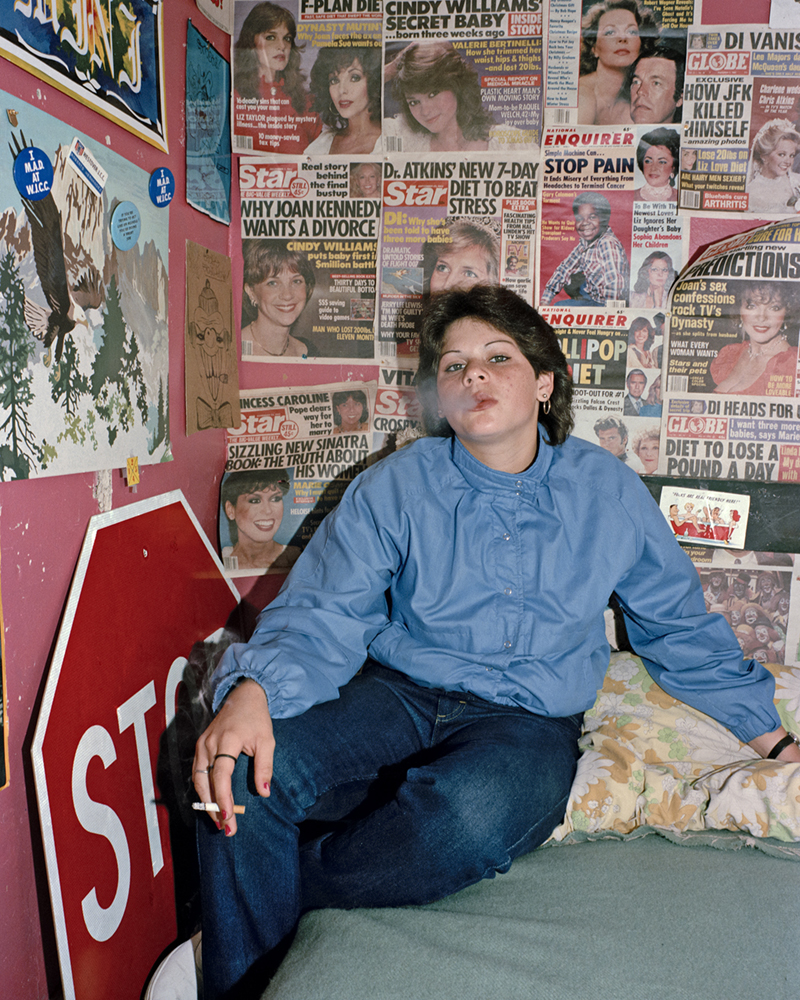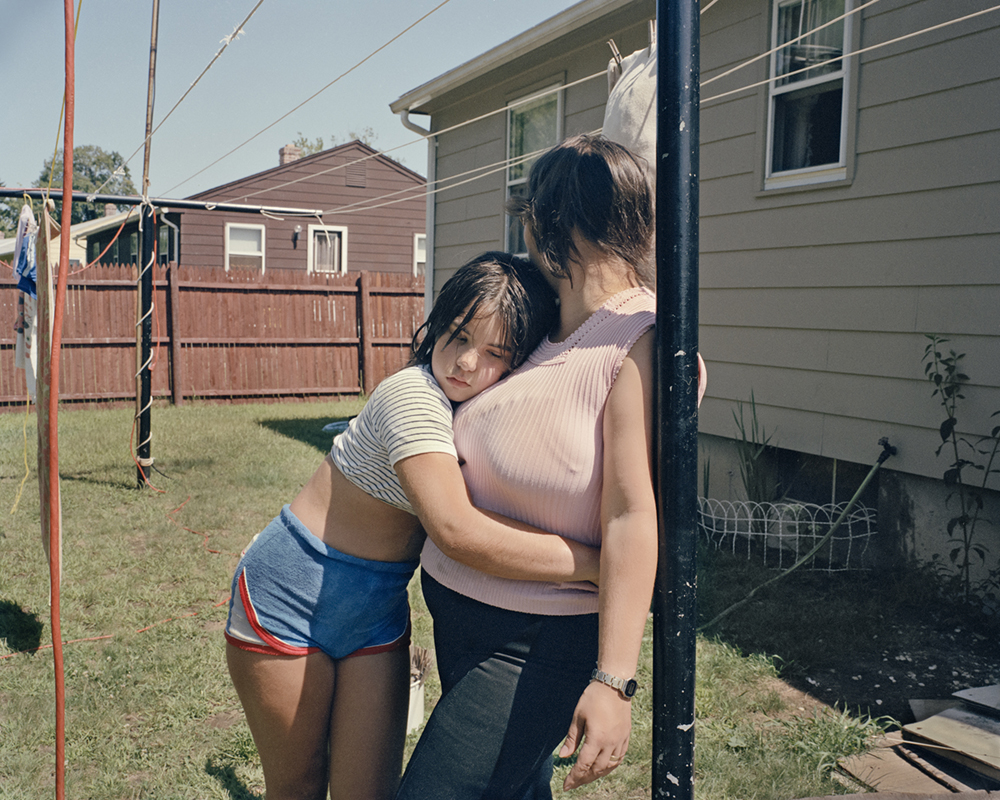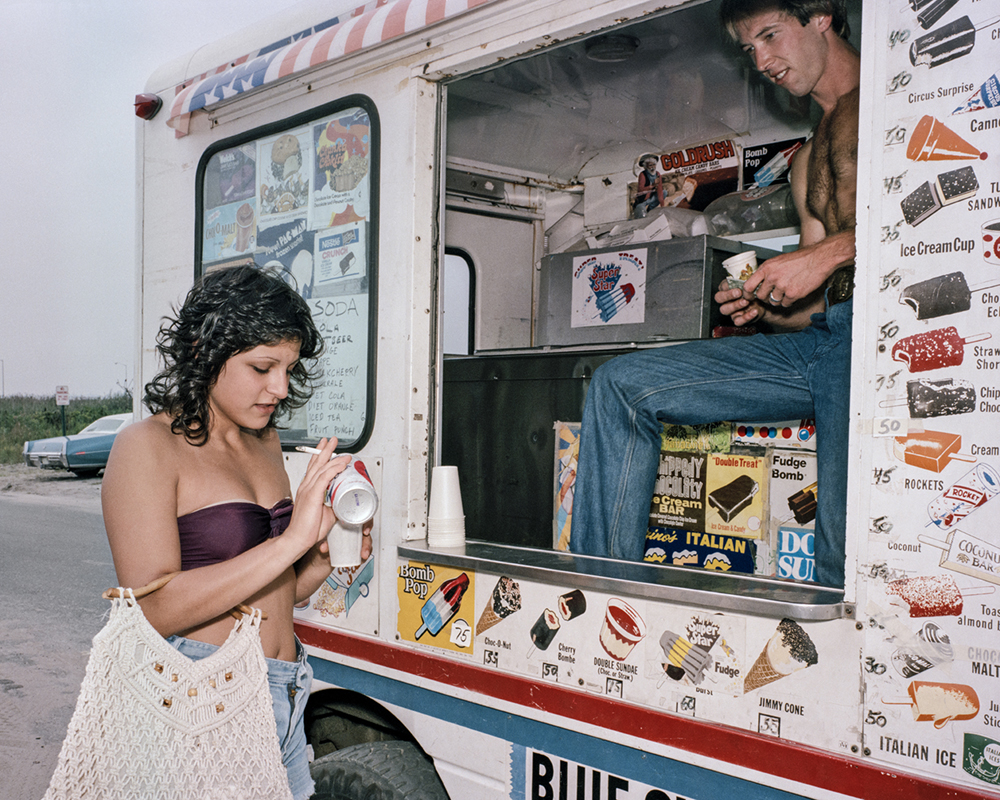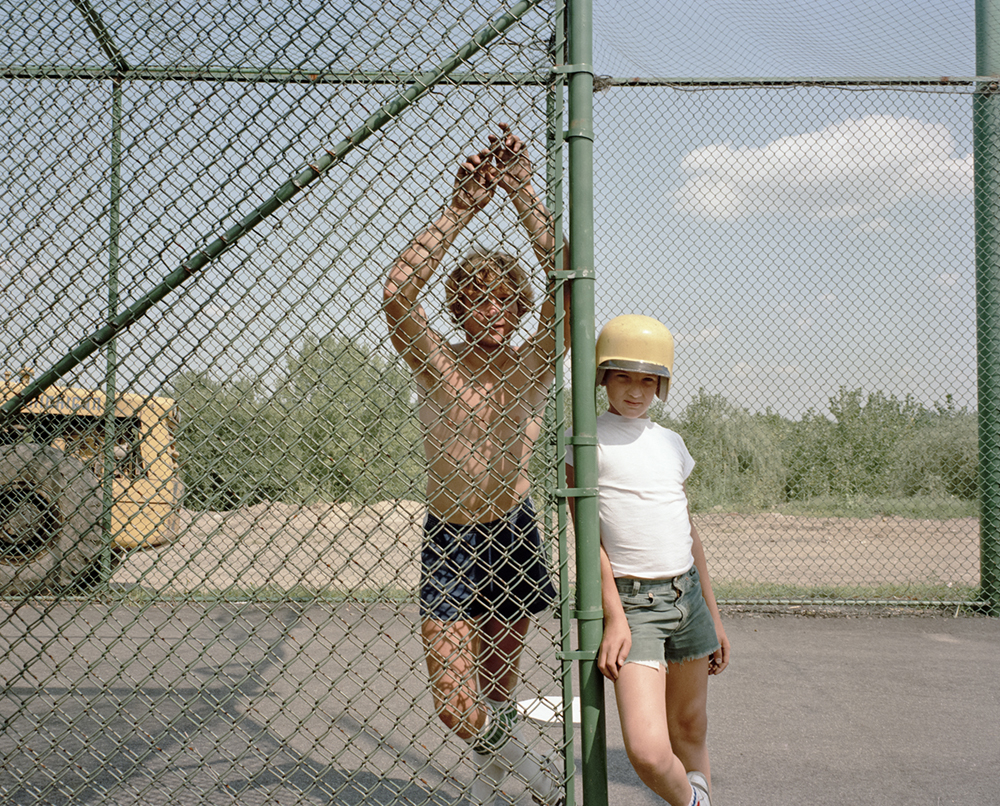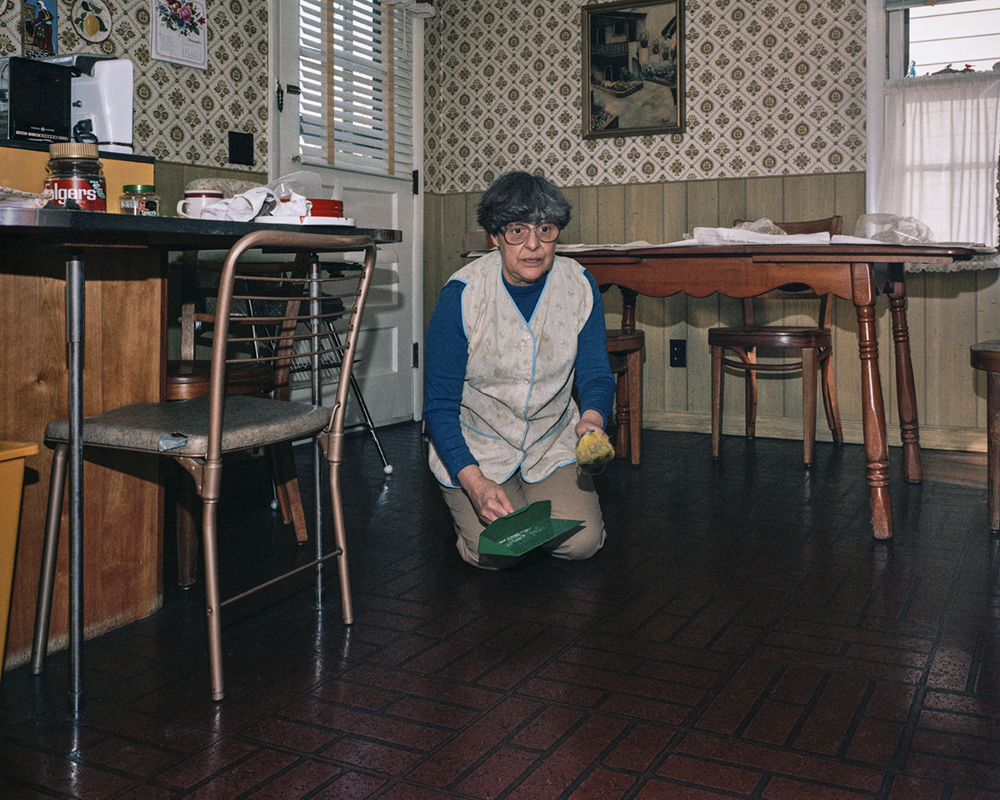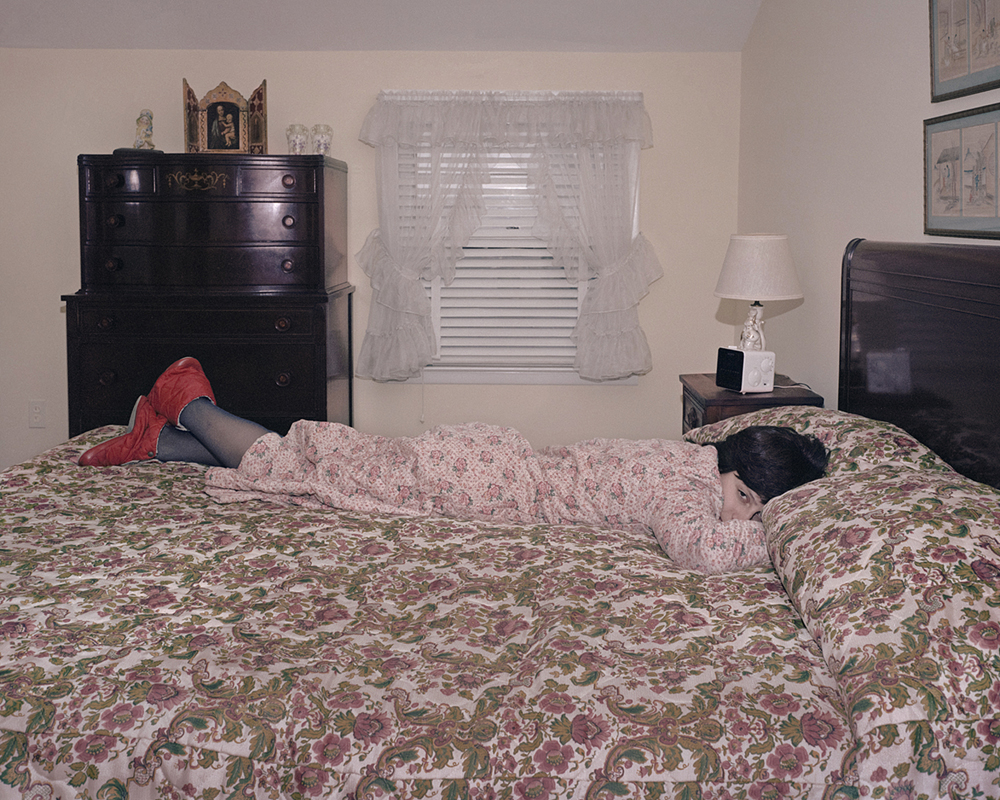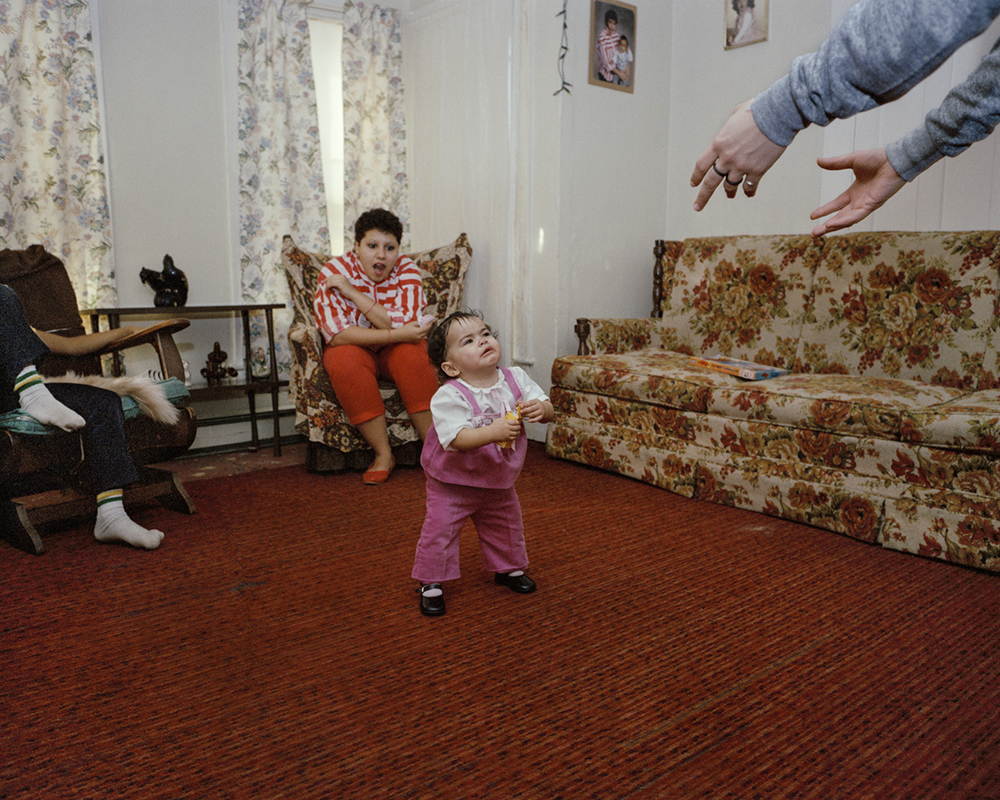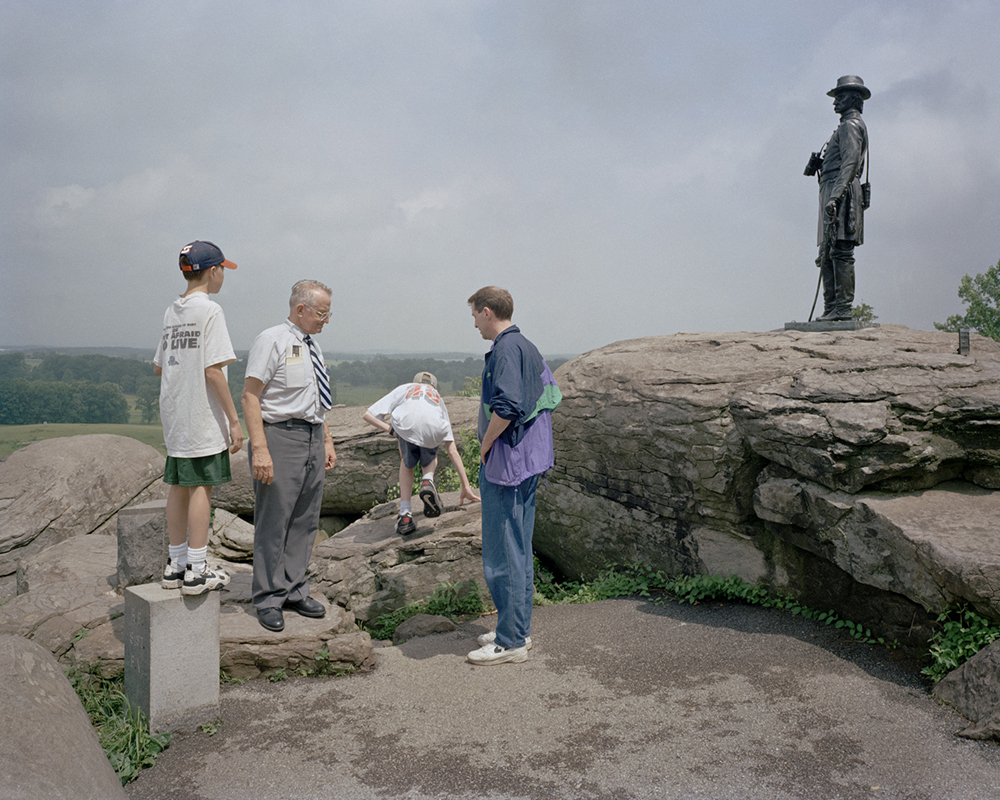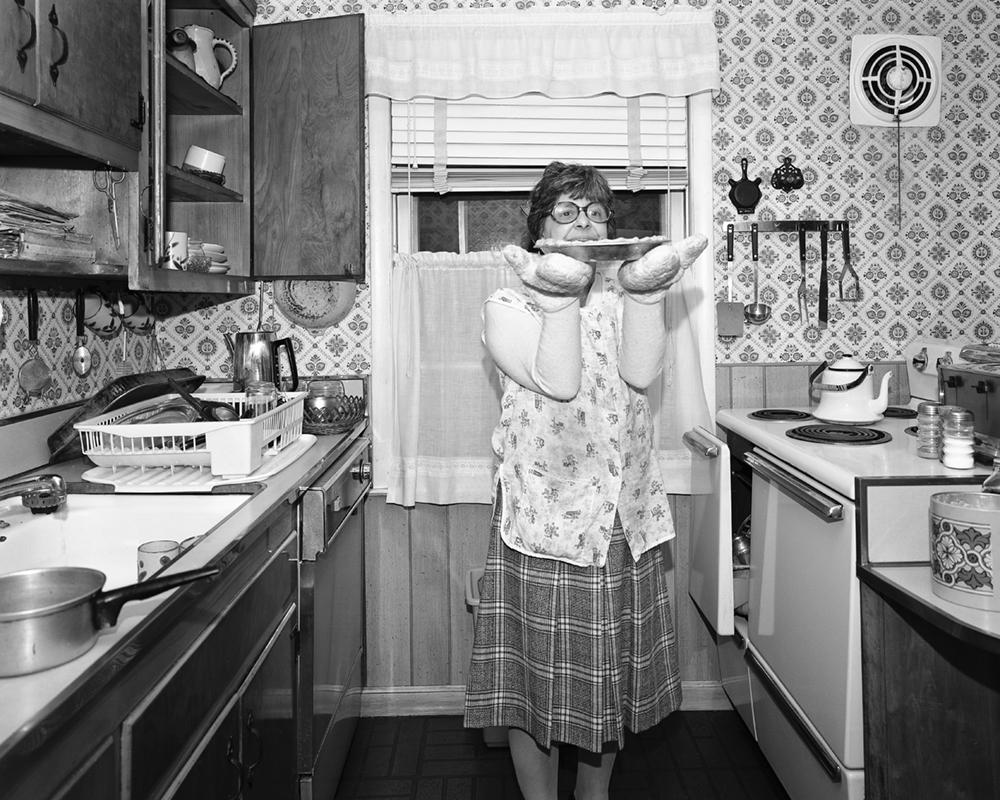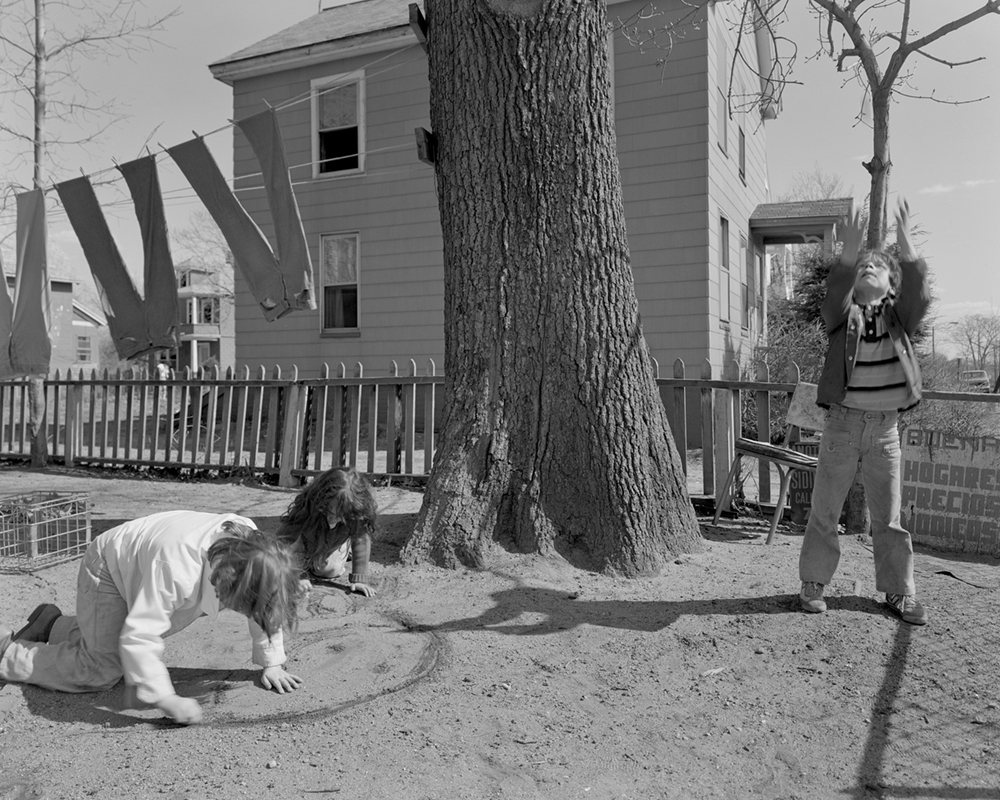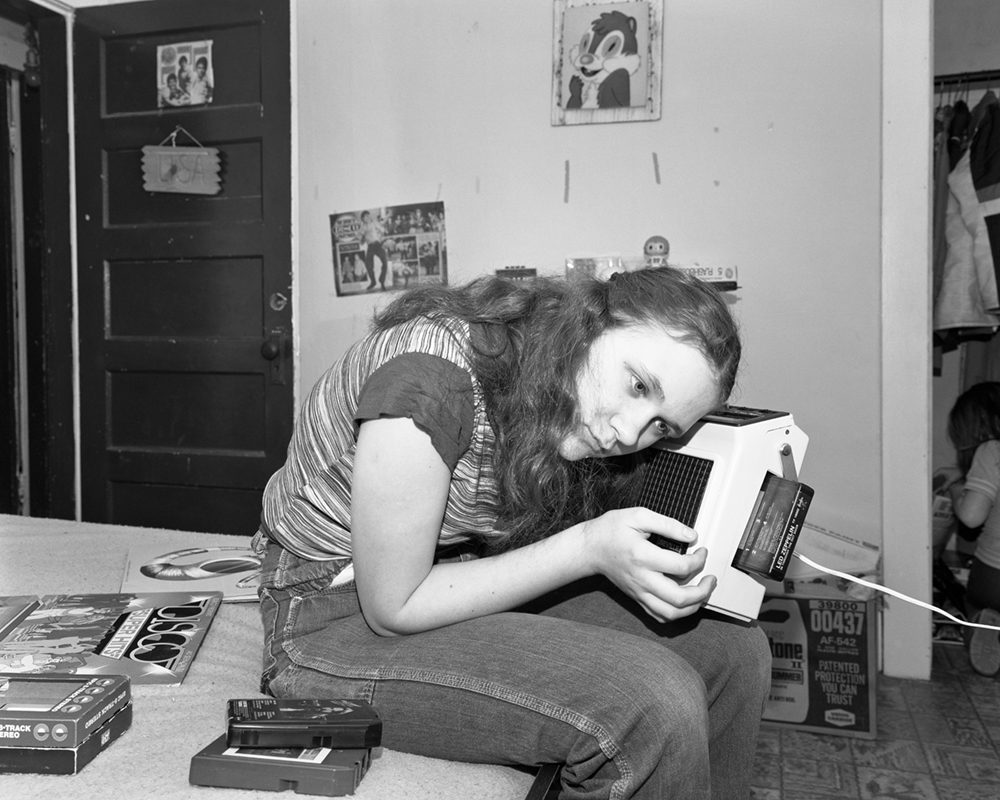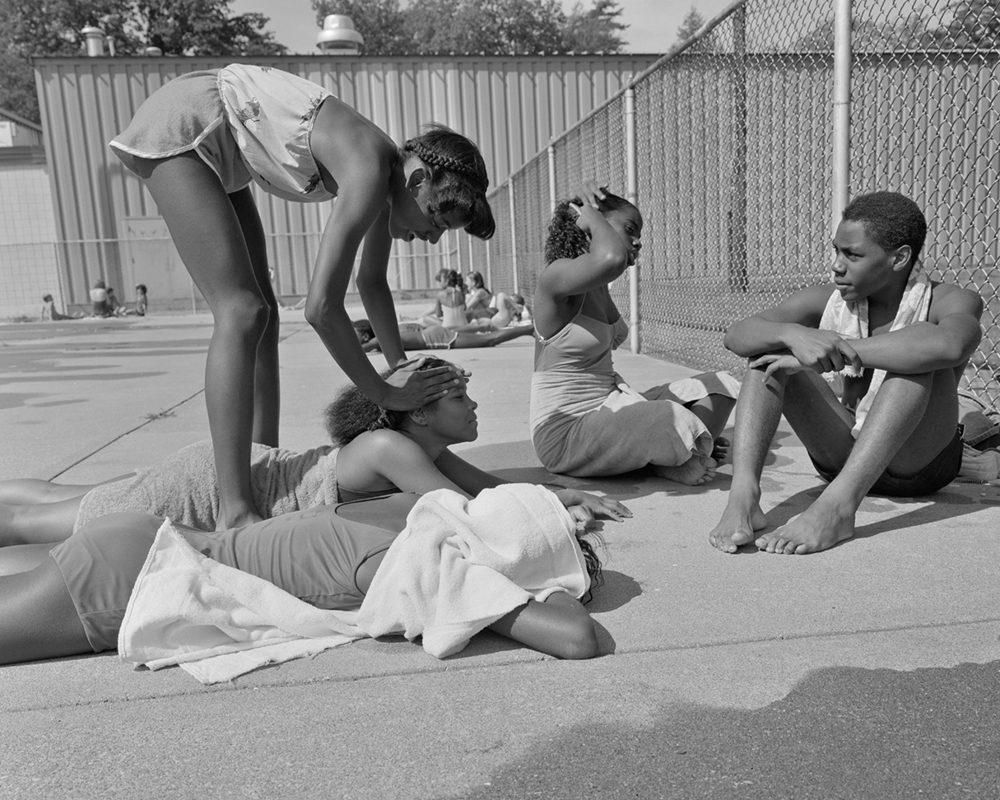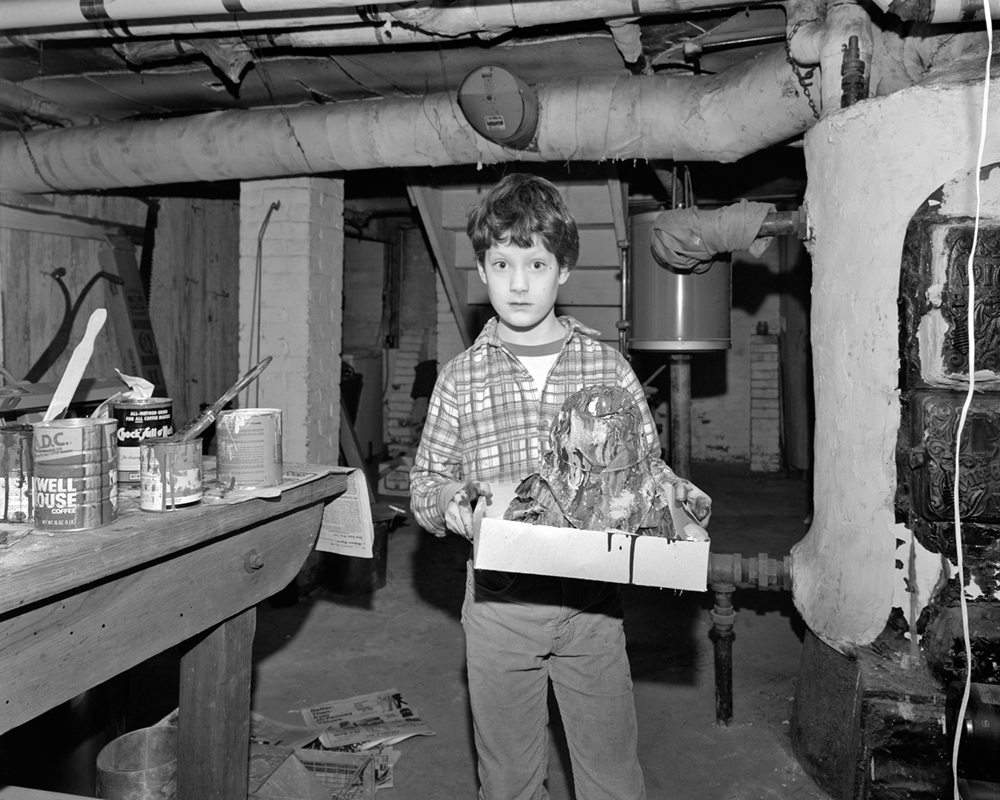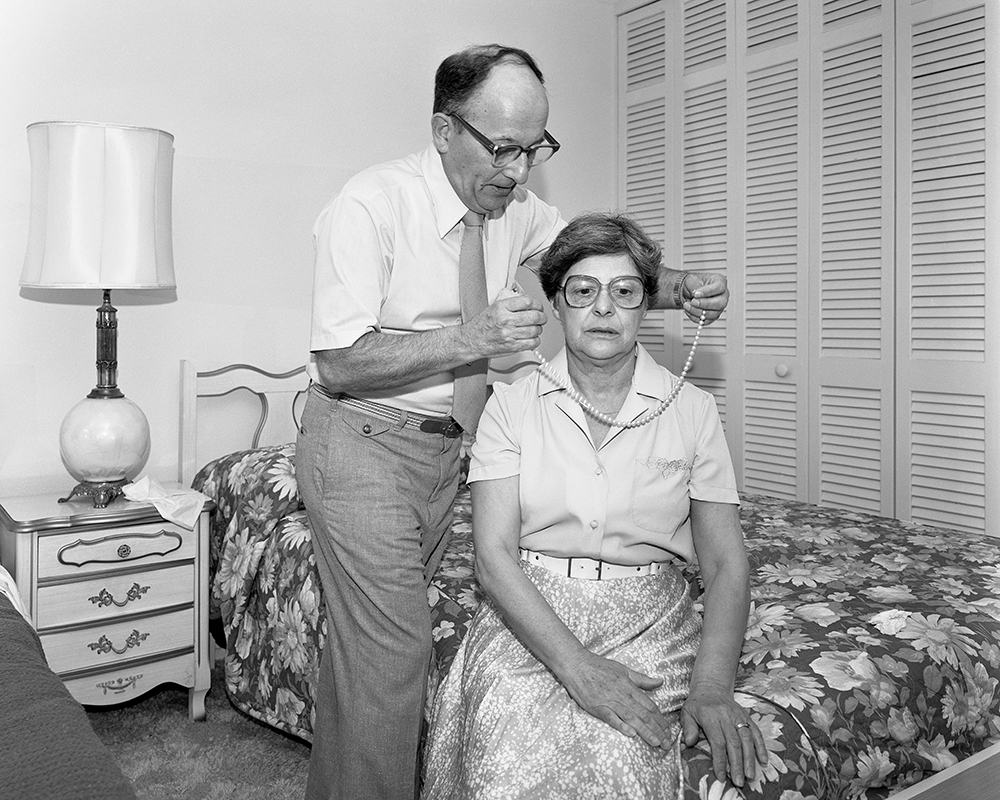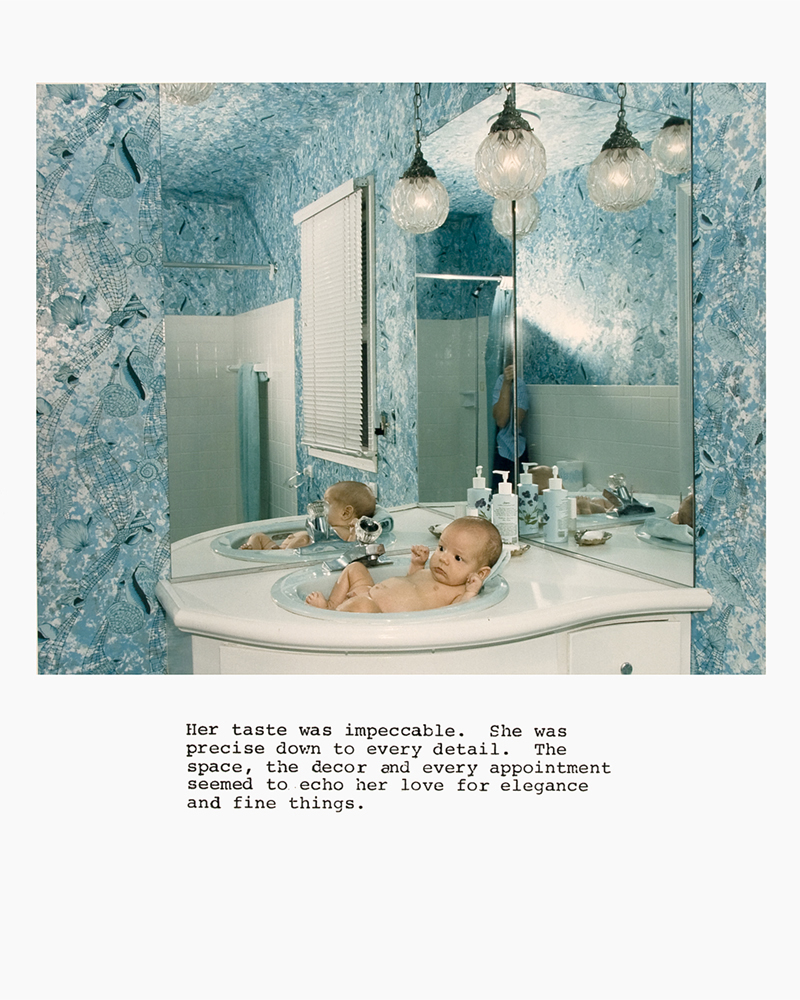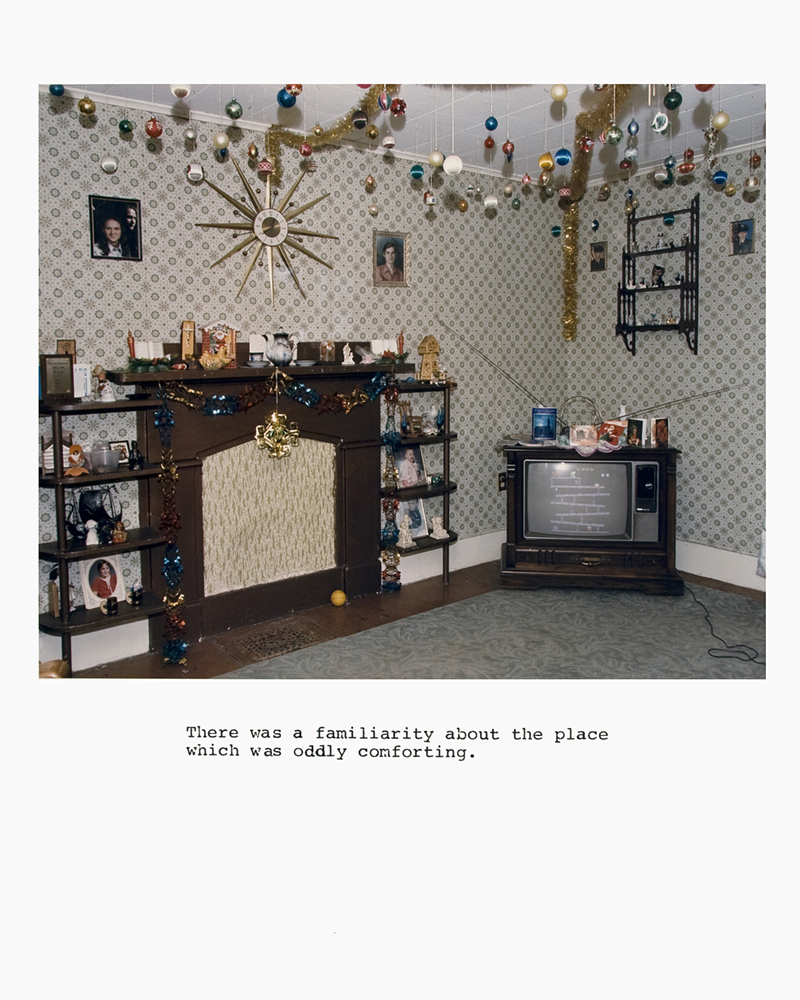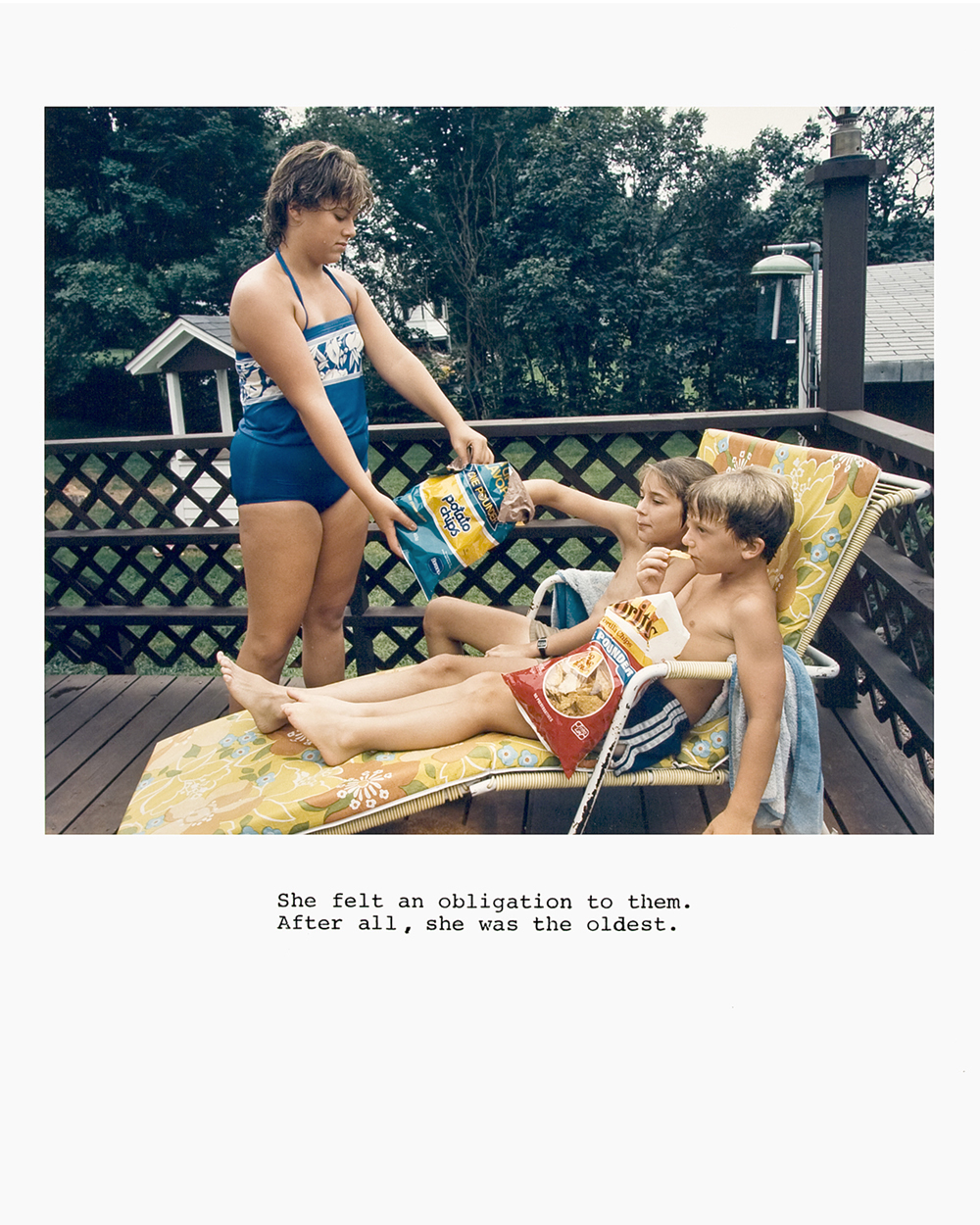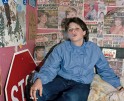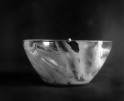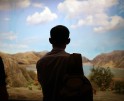Mary Frey: The States Project: Connecticut
I first met Mary Frey in 1983. I was a freshman in college. Mary quickly came to represent all that I could hope for myself in the future. She is an influential and internationally recognized artist, an admired teacher, a brilliant mind, and the kind of person you just want to know. Her honest but tough, constructive criticism was always delivered in a way to encourage and push you. My time with Mary as teacher/student then colleague and friend, left lasting marks on my work as an artist and eventually as a teacher and art administrator. I am a much stronger thinker and maker for knowing her. She has remained a great mentor and supporter.
Mary Frey earned her MFA from the Yale University School of Art in 1979 and subsequently taught photography at the Hartford Art School, retiring from the undergraduate program in the Spring of 2015.
Frey has received numerous awards for her work, most notably a Guggenheim Fellowship in 1984 and two photography fellowships from the National Endowment for the Arts in 1980 and 1992. She was the recipient of a Te Foundation Fellowship in 2004 and an artist’s grant from the John Anson Kittredge Fund in 2010. During the 1994-95 academic year Mary Frey was the Harnish Visiting Artist at Smith College, Northampton, MA and in the spring of 2001 she completed an artist’s residency at the Burren College of Art, County Clare, Ireland.
Her work has been exhibited extensively and is part of many public and private collections, including the Museum of Modern Art, New York, the Museum of Fine Arts, Houston, the Chicago Art Institute and the International Polaroid Collection.
Much of Frey’s work addresses the nature of the documentary image in contemporary culture and most recently she has worked with 19th century photographic processes to produce ambrotypes and lithophanes. A book of her early images, titled Reading Raymond Carver, was published by Peperoni Books, in 2017 and was on the Paris Photo/Aperture Foundation’s shortlist for best First Photo Book for that year.
Describe your recent projects.
For the last 2 years I have delved into my archives in order to produce books of photographs from my earliest projects. In May 2017 I published my first photo book, Reading Raymond Carver (Peperoni Books, Berlin), composed of work made between 1979-83. It was no easy task. Originally, this body of work- Domestic Rituals– grew out of my fascination with the snapshot as a vessel for and shaper of memory and my abiding interest in the straight photograph as a seemingly truthful and precise record of an event. My subject matter was the daily routines of everyday life. These images were made for gallery walls, with little thought as to how they would fit together in a sequence or function as their own narrative. I simply amassed work and let the spaces determine how the photographs were arranged, relying on titles to give them context. Revisiting this work after 35 years was liberating. Without the strictures of my original artist’s statement to define the work, I was able to create a narrative arc for images that was more fluid and dynamic.
What changed?
I thought back to what my influences were at the time. I was at a threshold in my own life. I was an artist, wife, mother, teacher and trying to come to terms with how it all fit together. I considered my subjects my “cast of characters” as they appear, and reappear, throughout the book. Their situations echoed my concerns. The writer, Raymond Carver, had a strong impact on me, and I used his words to highlight the anxieties we all feel as we move forward with our lives. The images still reflect the original ideas that propelled this body of work in the first place, but the structure of the book creates a journey for the reader as my subjects make choices or accept consequences, opening up the photographs to a variety of interpretations.
What now?
I’m currently working on a book of my color photographs made between 1984-90. These images- Real Life Dramas– were similar to the others in that they are depictions of quotidian moments constructed for the camera, but with the addition of photographically generated texts in the white borders of the prints. This project was first exhibited in MOMA’s New Photography 2 in 1987, introducing my work to a broader audience and boosting my career. Returning to this work after so many years, like my previous effort, has been a fascinating experience. For the book, I have abandoned the need to incorporate the words, so the possibilities for my edits are limitless. I’m discovering new images to consider and realizing new implications in old ones. I’m learning to trust my instincts and be open to what my pictures can show me. After all, photographs of our world are so much more interesting than anything I can say about it. How it will come together, remains to be seen. All is still “in progress”. The tentative publication date for this book is the Fall of this year.
You have been a faculty member in both a remarkable undergraduate and now a renowned graduate program, both which you helped to build. How did your tenure as a teacher impact your work as an artist?
I can answer this question in several ways. My cynical self will say that, given the professional requirements inherent in a tenure-track teaching position, I was required to be both an active faculty member as well as a working artist with a proven track record of career accomplishments. As a result, I pushed myself to produce and exhibit work on a regular basis in both national and international venues, participated in artist’s visits, lectures and symposiums, and generally had an active photographic practice. I was part of the greater conversation around photography and was able to share these experiences with a generation of young practitioners. But, oftentimes all these responsibilities cut into the time necessary to just make work and I found it a constant struggle to balance it all.
On a personal level, I feel very fortunate to have held a teaching career that spanned 35 years. And working with students impacted my practice in so many ways. As an educator, it was imperative that I continually hone all my technical skills- both analog and digital- keep up with contemporary trends and the professional achievements of other artists and the politics of the art world, in general. However, it was the constant thinking about, talking about, and writing about my students’ photographs that helped me discover new possibilities for my own work. Critiquing photographs in the classroom forces you to respond with clarity and perception, and I feel I brought this same insight to the creation of my own projects. In addition, I can’t overlook the relationships I forged with colleagues throughout the art school and the university. Over these many years I was exposed to a variety of ideas and disciplines that helped to shape and inform my own thinking in surprising directions.
Posts on Lenscratch may not be reproduced without the permission of the Lenscratch staff and the photographer.
Recommended
-
Michael Vahrenwald: The States Project: ConnecticutMarch 31st, 2018
-
Mary Frey: The States Project: ConnecticutMarch 30th, 2018
-
Joan Fitzsimmons: The States Project: ConnecticutMarch 29th, 2018
-
Marion Belanger: The States Project: ConnecticutMarch 28th, 2018
-
Lisa Kereszi: The States Project: ConnecticutMarch 27th, 2018

